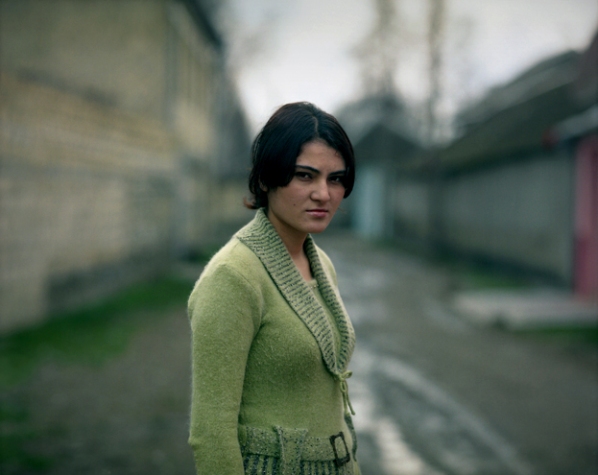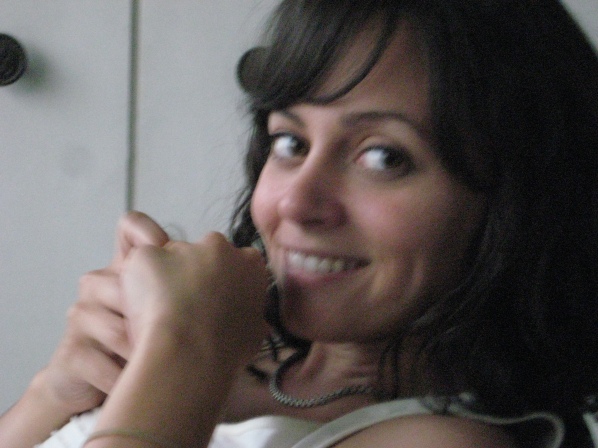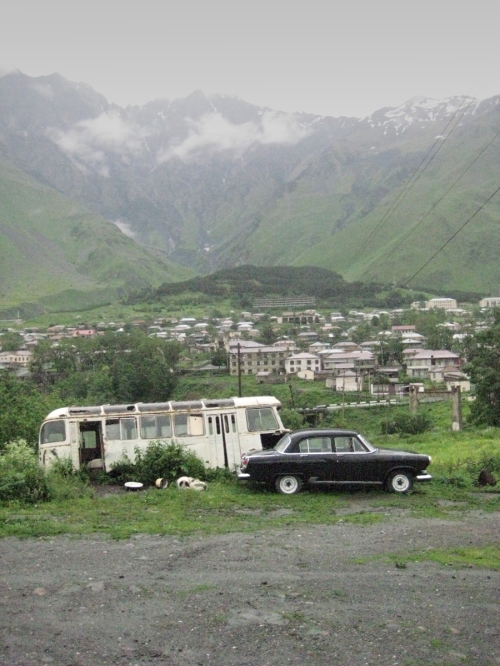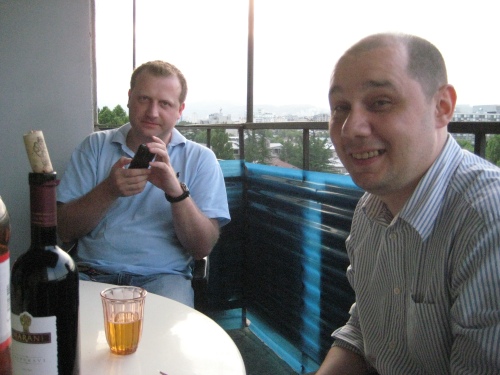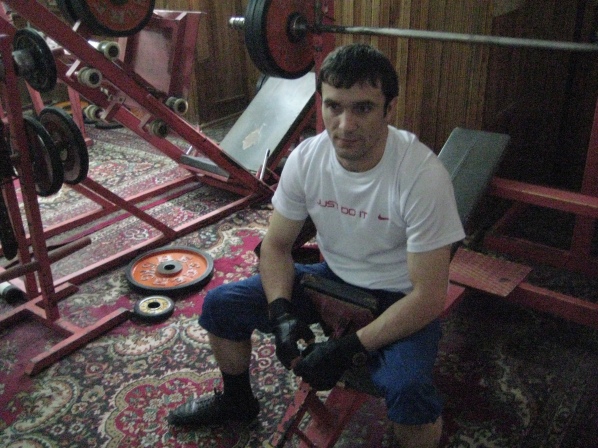Les Lieux de Mémoire: Portraiture from the South Caucasus
I’ve been back in the States for four months. Only now am I able to look back on my Fulbright experience as a whole with any kind of perspective. It was an incredible year.
I ended the project with 15 images that I consider worthy of exhibition. This is almost exactly the number I planned for when I started. They are all intended to be displayed in large format (100 x 125 cm).
Here’s the exhibition text that accompanies the images:
Les Lieux de Mémoire
Portraiture from the South CaucasusGeorgia, Armenia and Azerbaijan have shared in a common
struggle to reinvent themselves in the wake of the Soviet
Union’s collapse. At the heart of this rebirth lies the dimming
legacy of their shared Soviet experience, viewed most often by
Western audiences through familiar iconographies of decline:
faded statues, rusted infrastructure and war.Such treatments of the region are at best inadequate. The
present portraits are an attempt to move beyond this sensational
paradigm and explore the underlying issue of memory in a more
intimate context. As a collection they eschew the romantic and
the picturesque, focusing instead on average citizens from the
anonymous ranks of the lower and middle classes. Their goal is
to present the region not from a narrative perspective, but rather
an emotional one, as they invite the viewer to study the quiet
state so often masked by the flow of our daily lives. Portraiture,
whose function has always been infused with a sense of time
and loss, offers a specific kind of access to this state.These photographs pay homage to a long tradition
of portraiture in the South Caucasus. They seek to
create an environment—simple, silent and unhurried—designed
to offer viewers a reprieve, an opportunity to explore the region
though the tranquil study of human form.
Predictably, returning home has been the most difficult aspect of the project. It’s nigh impossible to sustain that level of adventure in America. But on the other hand, nothing compares to being close to friends and family. And, of course, ole Char.
What’s next?

